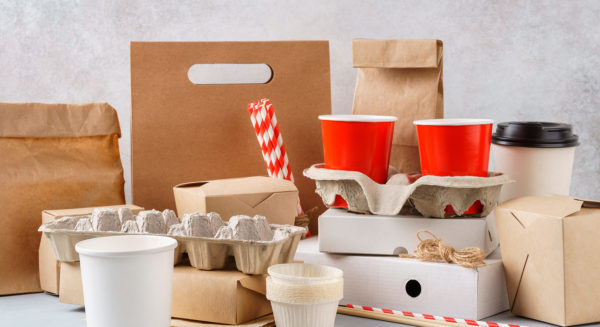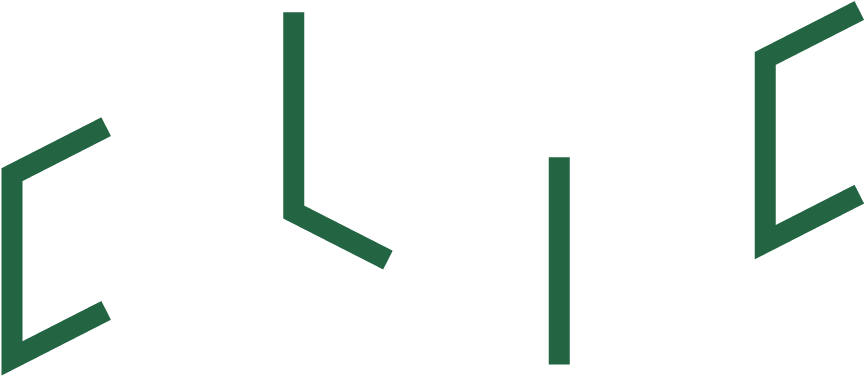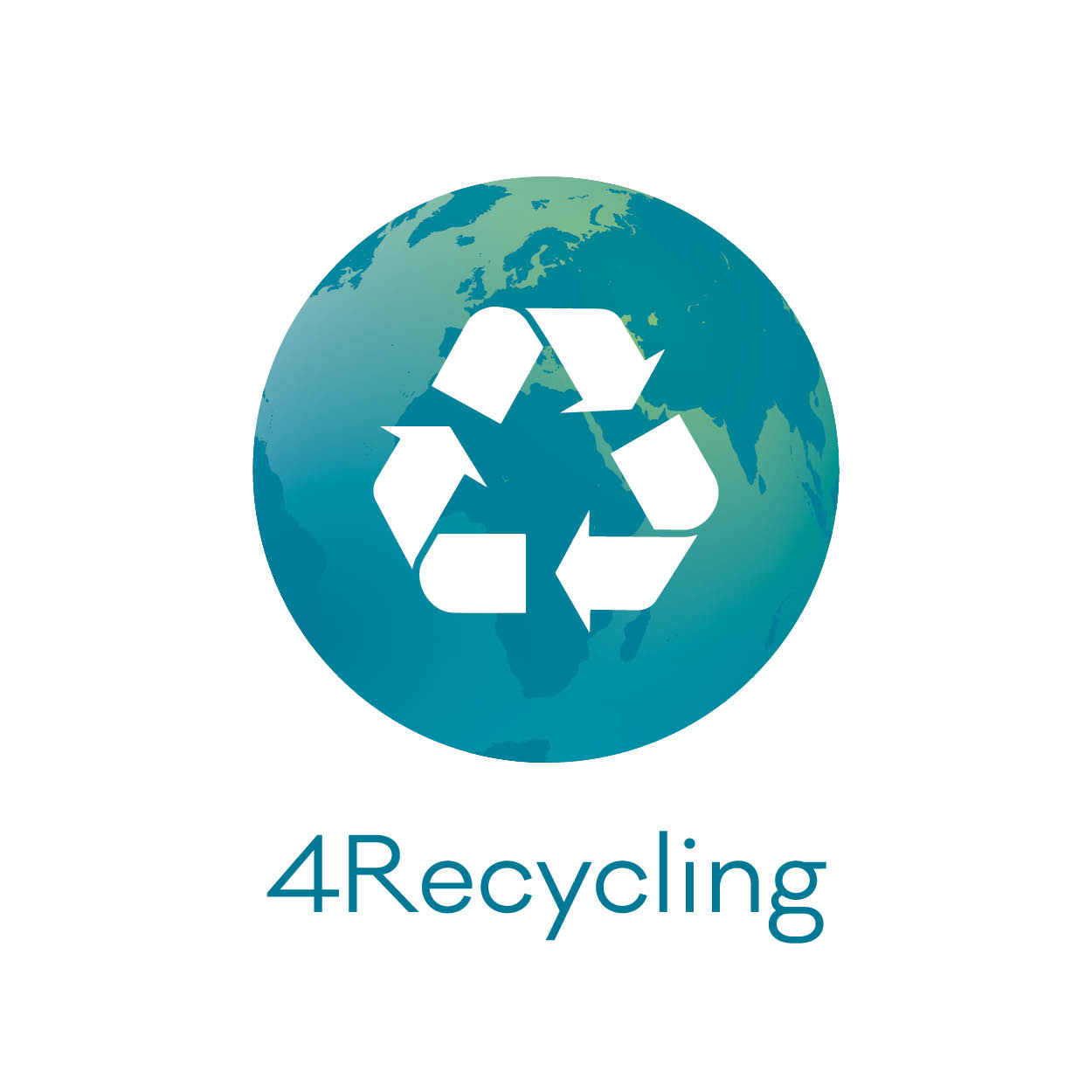The panel of Functional Biobased Packaging Opportunities & Regulation was moderated by Maija Pohjakallio, Metsä Group. The specialists in the panel were Mika Lankila, Pyroll, Antro Säilä, Finnish Packaging Association, Aaron Vuola, Finnish Forest Industry Federation and Leena Yliniemi, Metsä Board. The discussion started by each participant presenting themselves and defining what functionality actually meant for them in biobased packaging.
The updated Packaging and Packaging Waste Regulation (PPWR) is expected to be in force by the end of 2024 and the main aim is all packaging to be reusable or recyclable by 2030. If the proposal is adopted, the PPWR will ban any single-use packaging on the market for food and beverages filled and consumed in restaurants by 2030. This includes, for example, hot and cold drink cups, plates and bowls. In addition to regulative changes, the panelists discussed product safety and the role of life cycle analysis in R&D, design and choosing of packaging.
The concluding remark of the panel was that recyclable single-use and reusable packaging should be seen as a complementary solution. “There is no ‘one size fits all’ solution in the world of packaging, which should also be recognized in the upcoming legislation.” Maija Pohjakallio summarizes the key take away from the panel discussion.
Aila Maijanen commented the 4Recycling’s point of view to PPWR:
“The new regulation will introduce more ambitious targets for the prevention, reuse, and recycling of packaging waste, and also promote the use of more sustainable packaging solutions and encourage the use of bio-based and renewable materials. This is in line with 4Recycling RDI roadmaps and encourages us to bring up new initiatives for collaborative projects to come up with competitive solutions.” Maijanen continues: “CLIC’s ProjectBooster pitching event is a great opportunity to start innovating. Our market shaping activities will help companies to prepare for to the changes and be well positioned to succeed in the European market.”
After the interesting panel discussion, the consensus of the panelists was that packaging is the necessary good for the whole value chain to reduce food waste.

Industry insights
The industry insights were presented by Finnish start-ups Montinutra, Woodly and cosmetics company Lumene. Managing Director Jaakko Pajunen, Montinutra, presented the “Biopolymers in packaging applications”. Montinutra upcycles plant based side streams from scalable and secured raw material sources, which is an example of feasible new process to produce high value end products. Montinutra also presented the SUSBINCO – Sustainable binders and coatings- project. SUSBINCO is an example of long value chains and sidestream utilisation. Read more about SUSBINCO
The second company presentation was given by Woodly, which is also part of both organizing ecosystems. CTO Tommi Vuorinen presented the “New Plastic’s Route to Applications”. Woodly material is carbon neutral plastic, based on wood cellulose and not conventional plastic. The material is designed to be recyclable by reusing, mechanical or chemical recycling. In waste to energy phase the emissions are 70% lower compared to conventional fossil plastics.
The consumer perspective was presented by Essi Arola, Head of R&D, Sustainability & Packaging from “Lumene – Nordic leader in circular beauty”. Lumene has a comprehensive approach towards the circular economy. For the packaging development, sustainability targets are thriving for less plastic packaging, maximizing the recyclability, recycled plastic in packaging, and FCS-certified carton board in folding boxes and shippers. One big achievement has been done in cooperation with Sulapac, when water-containing face cream is sold in biobased packaging made of biodegradable material as one of the first cosmetics companies in the world
See the full recording of the webinar.
Read more: What is going on in packaging regulation?


